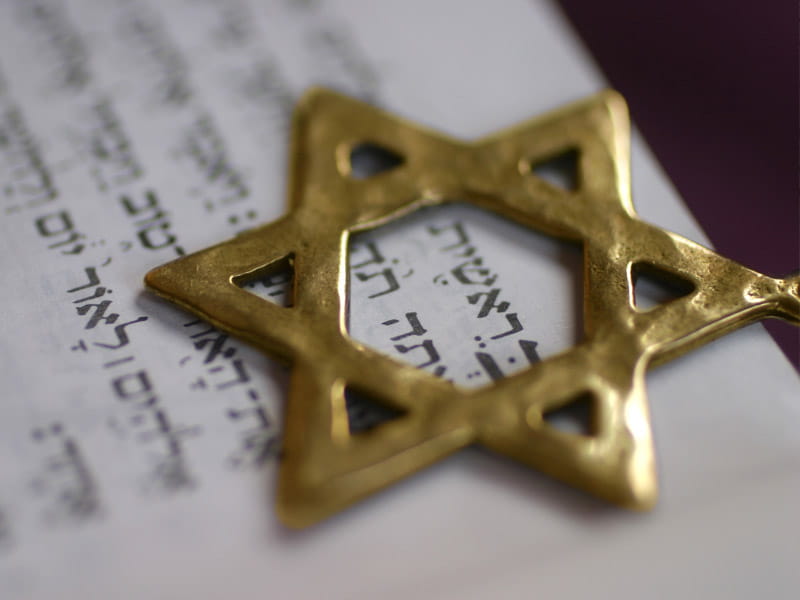The angel who gallantly informs Abraham and Sarah of the impending birth of their son, Isaac, is something of a Johnny-come-lately. God has already informed Abraham of Isaac's future birth at the end of last week's portion:
God: "Sarai your wife shall no longer be called Sarai, Sarah is her name. And I will bless her and I will give you a son from her and I will bless her so that she will become nations, kings of peoples will come from her."
Abraham: "Would that Ishmael live before you!" [In short, "No thanks, I don't need another son. I already have Ishmael."]
God responds that Sarah will bear Abraham a son in a year's time. He will be called Isaac, and he will be the covenantal son, the one who maintains the special relationship with God that Abraham started (Genesis 17: 15-21).
This exchange provides insights into Abraham's understanding of his family and his covenant with God, and it sets the stage for our story this week.
The first factor to note is that once Abraham has his son Ishmael--whom he had with Hagar, Sarah's maidservant, he believes he has no need for any other sons. It does not matter to him that his wife Sarah has been barren for 90 years and was so desperate for a child that she tried to have one through her surrogate Hagar (a plan that went horribly awry in Genesis 16).
Not only is Abraham unenthusiastic about the portent of Isaac's coming, even more strikingly, he does not share the information with Sarah. Although the angel's tidings of Isaac's birth is old news for Abraham, Sarah is apparently shocked by the revelation. She laughs to herself, saying, "After I have ceased menstruating and my master is elderly." The defining feature of Sarah has been her inability to have children (see Genesis 11:30). After years of waiting and despair, she is at long last promised a son in the upcoming year, and Abraham does not bother to tell her.
Why is Abraham so lukewarm about Isaac's arrival? The answer lies in Abraham's understanding of his covenant with God.
According to Abarbanel, then, God makes it clear that Abraham and Sarah are covenantal partners.
In general, Sarah has a better understanding of the nature of the covenant. When she gives Hagar as a breeding concubine to Abraham, it is not because she is exempting herself from the covenant. Rather, she hopes "perhaps I will be built up through [Hagar]." Abarbanel notes that Sarah is hoping to raise Hagar's child as if the child were her own. Sarah is trying to actualize the covenant, not cut herself out of it.
Later, in Chapter 21, Sarah declares definitively that Ishmael will not inherit the covenant along with Isaac. When Abraham balks at this, God tells him, "All that Sarah tells you, heed her voice, because through Isaac shall your descendants be called."
Although Sarah's treatment of Hagar and Ishmael is unduly harsh at times--Nachmanides sharply criticizes Sarah for this abuse, and Abraham for complying with it--Sarah understands Isaac's position, as well as her own position, within Abraham's covenantal destiny.
Abraham's journey in Genesis is a struggle to better understand God and to discern his place in God's plan. Along the way, Abraham learns that no one person has a monopoly on God's covenant, and that great endeavors require great partners.

